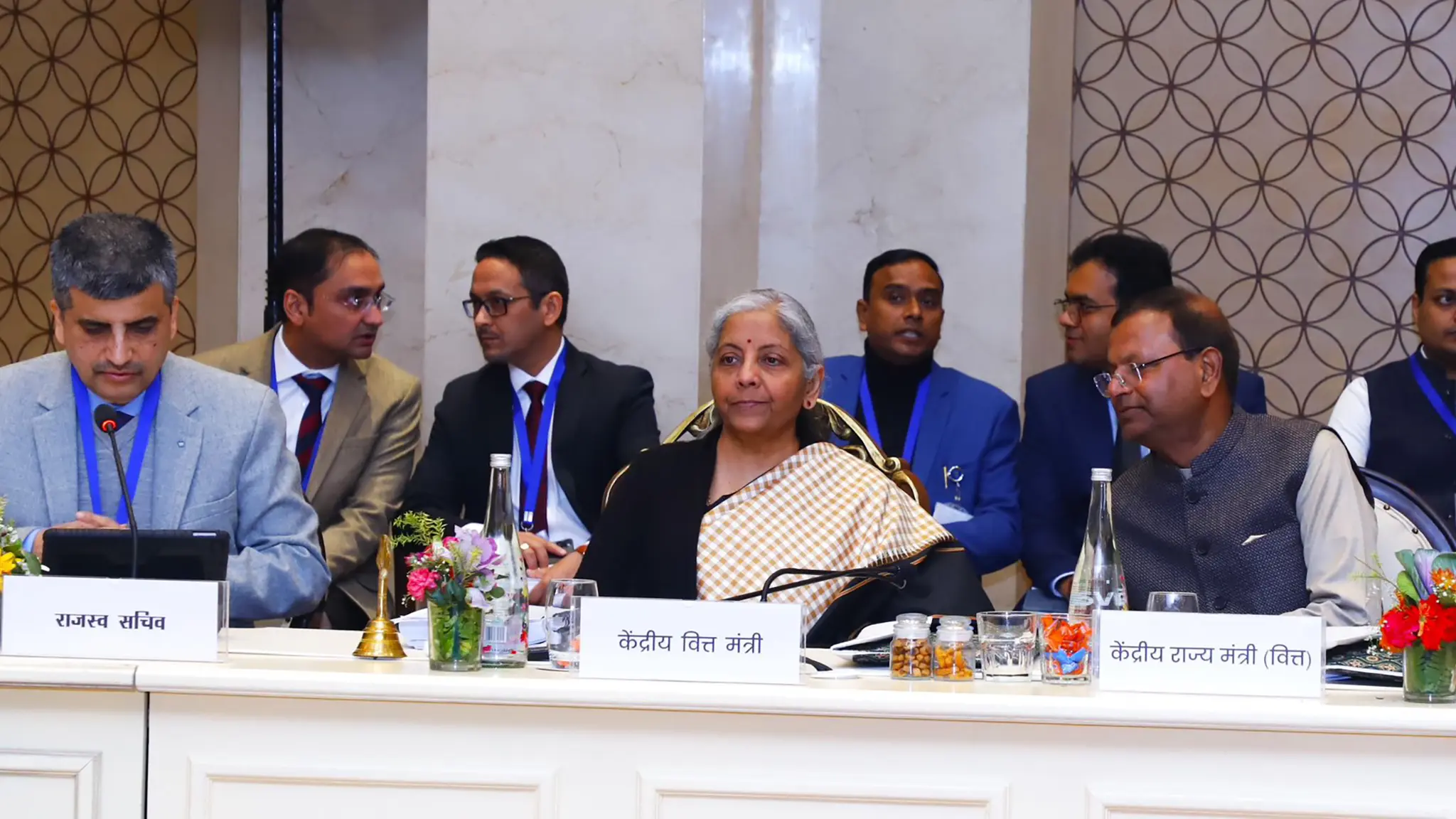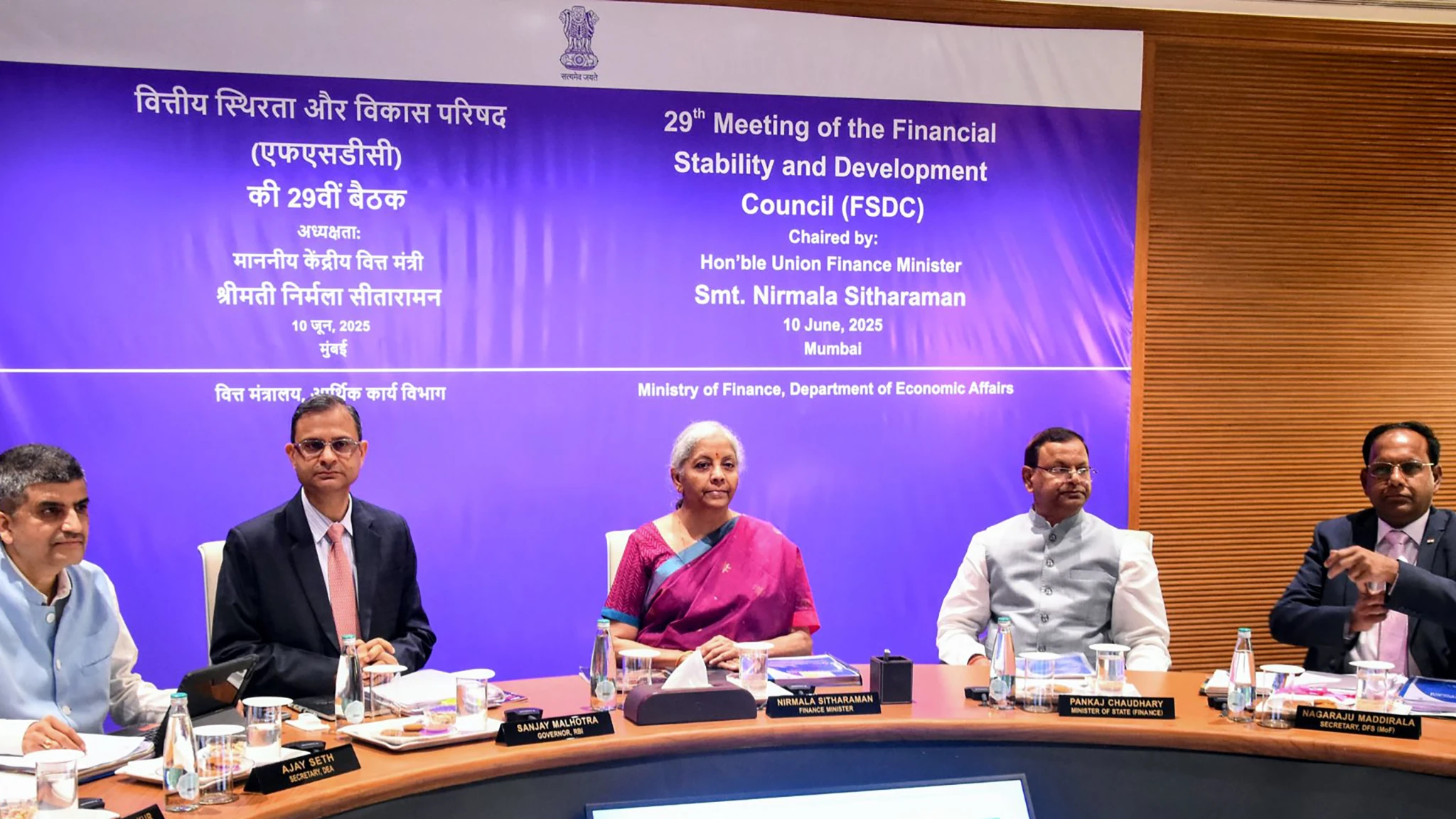The buzz around potential Goods and Services Tax (GST) rate hikes is getting louder, with reports suggesting a group of ministers recommending an increase on so-called ‘sin’ products like tobacco and aerated drinks, and even premium goods. This move, impacting items from cigarettes to expensive garments and watches, has ignited discussions about revenue generation and its impact on consumer sentiment. Simultaneously, in a seemingly unrelated but equally significant development, the Finance Minister Nirmala Sitharaman introduced the Banking Laws (Amendment) Bill 2024, proposing sweeping changes to strengthen the banking sector. Are these two events connected, and what do they signal for the Indian economy?
GST and Revenue Needs
The proposed GST hikes come at a time when the government is keen to shore up revenue. The current GST structure, despite multiple revisions, is still seen as falling short of the revenue neutral rate. Increasing taxes on ‘sin’ goods and luxury items is politically easier and less likely to affect the common populace directly. However, hiking rates, possibly even creating a new 35 percent slab, risks further complicating an already intricate tax system. Experts like Abhijit Kumar Dutta have pointed out that constant tinkering with slabs has made GST more complex and hasn’t necessarily boosted collections. While the immediate aim is revenue enhancement, the long-term effect on consumer demand and business confidence needs careful consideration. The focus should be on simplification and broadening the tax base rather than resorting to frequent rate increases.
Banking Reforms For Future
On another front, the Banking Laws (Amendment) Bill signals a proactive approach to modernising the financial sector. The amendments, encompassing governance, customer convenience, and investor protection, are timely and much needed. Allowing up to four nominees per account and streamlining processes related to unclaimed dividends and the Investor Education and Protection Fund (IEPF) are welcome steps that will directly benefit account holders. Furthermore, raising the threshold for ‘substantial interest’ for directorships reflects the changing economic landscape over the past six decades. These reforms, while not directly revenue generating, are crucial for building a robust and trustworthy banking system. They aim to instill greater confidence amongst depositors and investors, which is vital for long-term economic growth.
Will the upcoming GST Council meeting on December 21 address the complexities of the GST structure alongside revenue enhancement? A balance between revenue imperatives and the need for a simpler, more efficient tax system is crucial. Similarly, the successful implementation of the banking law amendments will depend on how effectively they are executed and whether they truly translate to improved governance and customer experience. The focus should be on long-term systemic improvements rather than just short-term fixes.
Image Courtesy: X (Finance ministry)










Leave a Reply